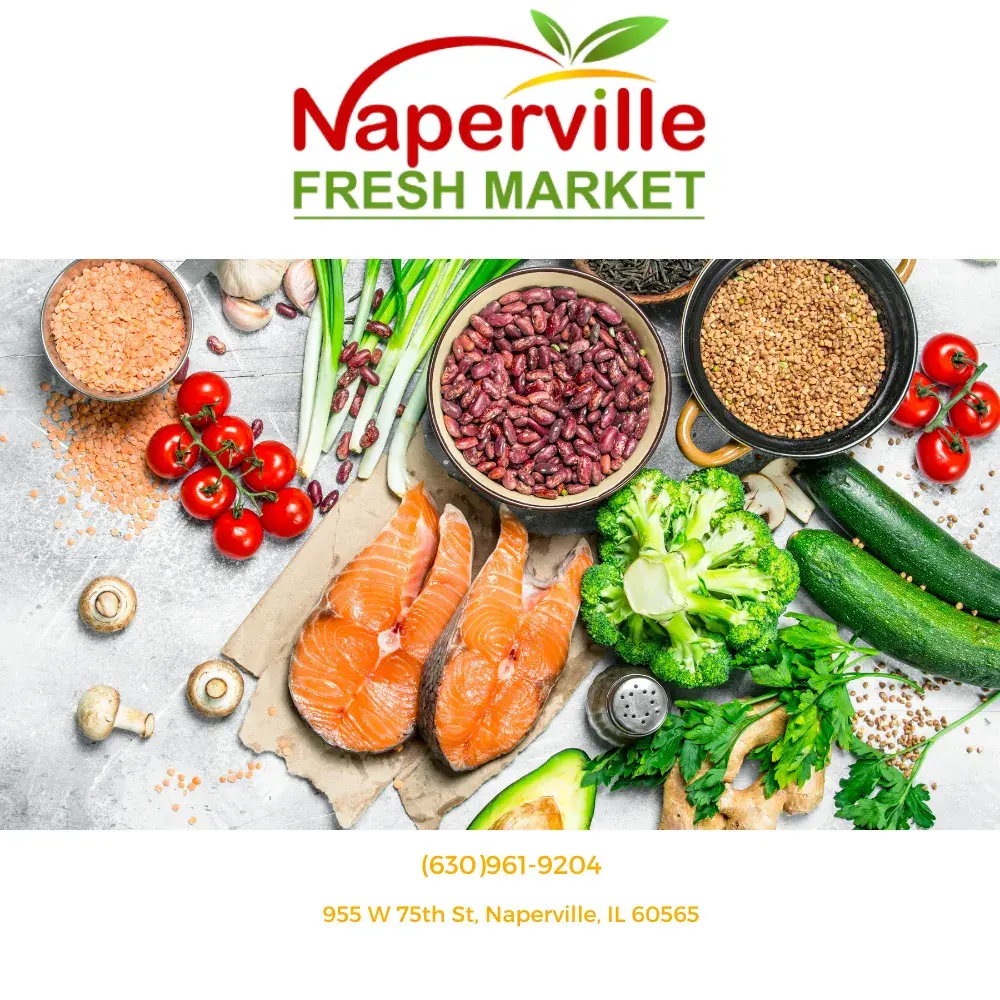Organic food sourcing is becoming increasingly popular as people seek healthier options and environmentally responsible choices. It is a method that prioritizes natural processes and sustainable practices in agriculture, offering food that is free from synthetic chemicals, genetically modified organisms (GMOs), and other harmful additives. By understanding the core principles of organic food, consumers can make informed decisions that support their health and the planet.
Soil Health and Natural Fertilizers
The foundation of organic food sourcing lies in the health of the soil. Organic farming emphasizes nurturing the soil using natural fertilizers like compost and manure, which enhance its nutrients and structure. These methods promote long-term soil fertility, helping plants grow strong and healthy without relying on chemical fertilizers. By focusing on soil health, organic farming reduces erosion and protects ecosystems, leading to more sustainable food production.
Biodiversity and Crop Rotation
One of the key practices in organic food sourcing is the promotion of biodiversity. Organic farms often grow a variety of crops in rotation, which naturally replenishes soil nutrients and prevents the spread of pests. This approach not only enhances the resilience of the farm but also encourages a more diverse ecosystem, benefiting local wildlife. Crop rotation is an essential part of maintaining healthy fields and producing a sustainable yield year after year.
Pest Control Without Synthetic Chemicals
Instead of using synthetic pesticides, organic food sourcing relies on natural pest control methods. Farmers introduce beneficial insects, like ladybugs, or use natural repellents to manage pests. This approach helps protect crops without introducing harmful chemicals into the environment. It also ensures that consumers enjoy food free from pesticide residues, which is one of the primary reasons people choose organic food over conventionally grown produce.
Animal Welfare and Ethical Practices
Organic food sourcing extends beyond just plants; it also involves ethical treatment of animals. Organic livestock is raised without the use of antibiotics or growth hormones and is provided with access to pasture, allowing for more natural living conditions. This ethical approach to animal husbandry contributes to healthier animals and, in turn, healthier meat and dairy products. Consumers who prioritize organic food often seek out these practices as a way to support humane and sustainable farming.
By embracing these principles, organic food sourcing offers a more sustainable, ethical, and health-conscious approach to food production. It’s a movement that aligns with growing consumer demands for transparency, environmental responsibility, and better health.
Learn More
How Organic Food Sourcing Ensures Healthier Produce for Consumers
The Rise of Organic Food Sourcing: How Supermarkets Support Sustainable Practices




